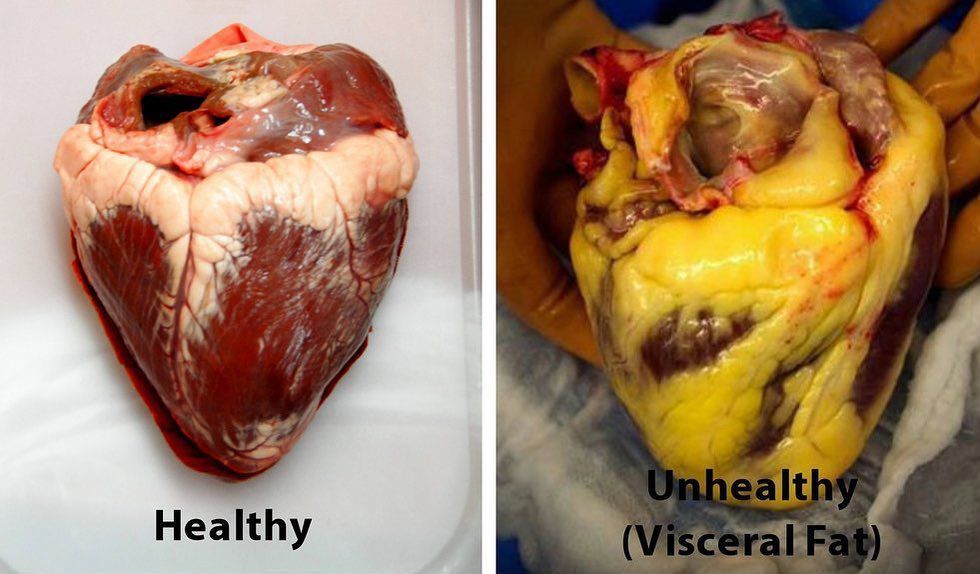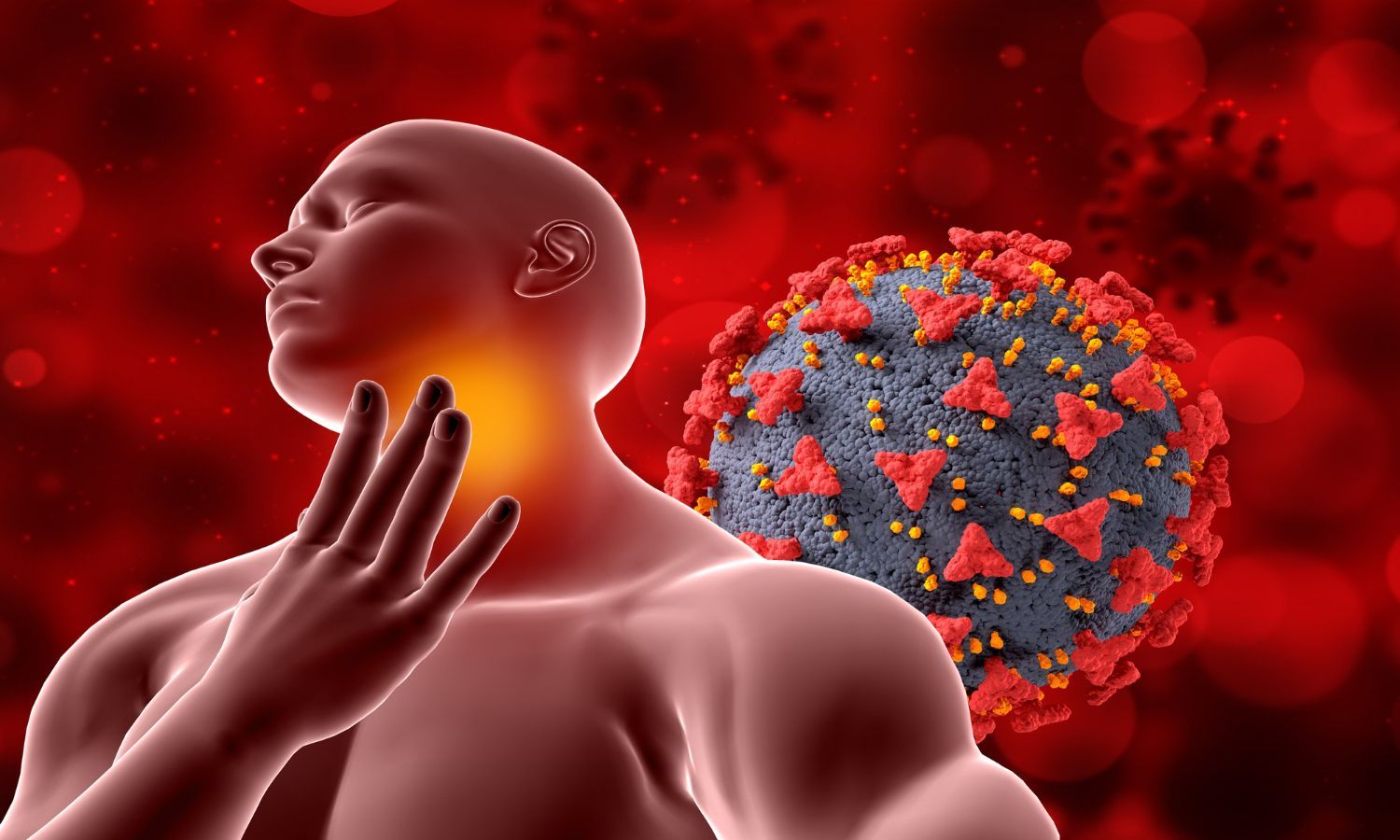What is Heart Health Nutrition?
Do you need a Heart Health Nutrition Coach in Scottsdale, AZ

Heart health nutrition refers to dietary patterns and food choices that promote cardiovascular health and reduce the risk of heart disease. Adopting a heart-healthy diet can help manage blood pressure, cholesterol levels, and weight, and improve overall cardiovascular well-being. Here are some key principles of heart health nutrition:
Emphasize fruits and vegetables: Include a variety of colorful fruits and vegetables in your diet. They are rich in vitamins, minerals, antioxidants, and dietary fiber, which can help lower blood pressure, reduce inflammation, and improve heart health.
Choose whole grains: Opt for whole grains such as whole wheat, brown rice, quinoa, oats, and barley instead of refined grains. Whole grains are higher in fiber, which can help lower cholesterol levels and maintain stable blood sugar levels.
Include lean protein sources: Choose lean sources of protein such as skinless poultry, fish, legumes (beans, lentils, chickpeas), and tofu. These options are lower in saturated fat and can help reduce the risk of heart disease.
Limit saturated and trans fats: Minimize the intake of saturated fats found in high-fat dairy products, fatty cuts of meat, and processed foods. Avoid trans fats commonly found in fried and commercially baked goods. Instead, opt for healthier fats like monounsaturated fats (olive oil, avocados, nuts) and polyunsaturated fats (fatty fish, flaxseeds, walnuts), which can help improve cholesterol levels.
Reduce sodium intake: High sodium intake can contribute to high blood pressure. Limit the consumption of processed and packaged foods, which tend to be high in sodium. Use herbs, spices, and other flavorings to season meals instead of salt.
Be mindful of added sugars: Excessive consumption of added sugars, often found in sugary beverages, sweets, and processed foods, can lead to weight gain, diabetes, and heart disease. Limit the intake of sugary foods and opt for natural sources of sweetness like fruits.
Consume fatty fish: Fatty fish like salmon, mackerel, trout, and sardines are rich in omega-3 fatty acids, which have been shown to reduce the risk of heart disease. Aim to include fish in your diet at least twice a week.
Moderate alcohol consumption: If you choose to consume alcohol, do so in moderation. This typically means up to one drink per day for women and up to two drinks per day for men. Excessive alcohol consumption can contribute to high blood pressure, obesity, and other health problems.
Practice portion control: Be mindful of portion sizes to maintain a healthy weight and avoid overeating. Use smaller plates and bowls, and listen to your body's hunger and fullness cues.
Stay hydrated: Drink an adequate amount of water throughout the day to support overall health and cardiovascular function.
Remember, it's always beneficial to consult with a registered dietitian or healthcare professional to personalize your nutrition plan based on your specific needs, medical conditions, and any medications you may be taking.









